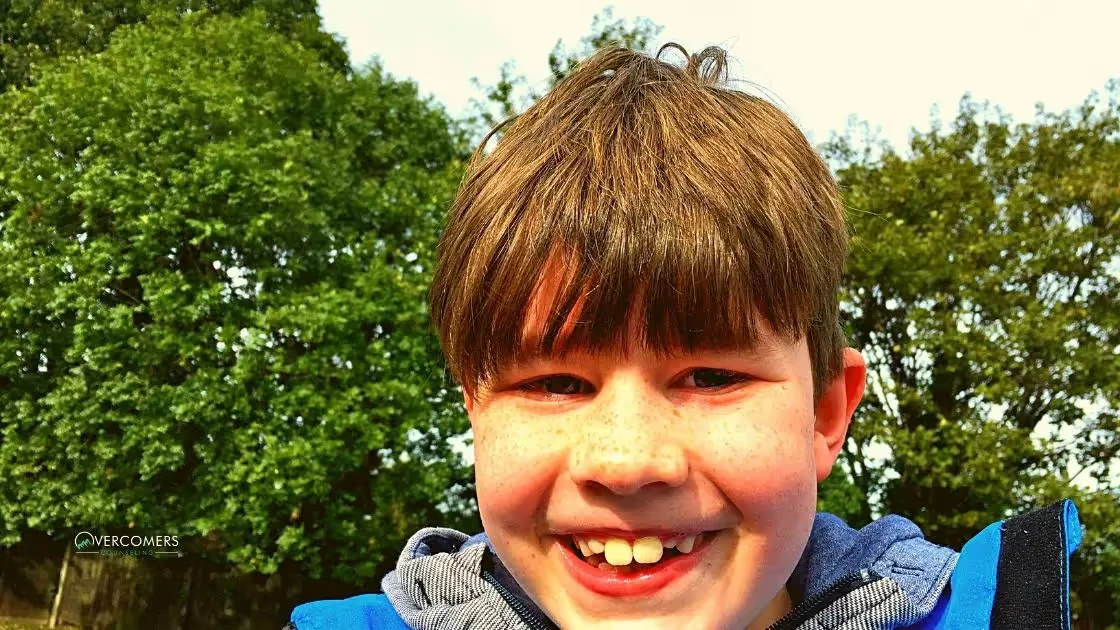By all accounts, children with autism often face difficulty understanding and navigating the world around them.However, providing leisure time makes the...

By all accounts, children with autism often face difficulty understanding and navigating the world around them.However, providing leisure time makes the difference.Engaging in fun, enjoyable, and interesting activities during free time improves how autistic children relate or communicate.There are several other benefits of free time for an autistic child.One of them is that free time enhances the social and communication skills of autistic kids. They become aware of social cues and conventions by engaging in leisure activities.Another benefit is that free-time activities improve an autistic child's motor skills.During their free time, they can engage in physical activities, which lessens the risk of developing coordination difficulties and weaknesses.In addition, autistic children become independent when they observe free time. Independent activities help them be less reliant on parents or caregivers. Read on to learn the benefits of free time for an autistic child
Creating free time for an autistic child enhances their social and communication skills.Engaging in fun, enjoyable, and interesting activities during free time improves how autistic children relate or communicate with others.Also, involving autistic children in artistic activities during their free time plays a significant role in their social and communication skills. Creative activities, such as painting and drawing, help them learn about the world and build the tools to interact well in social situations.In addition, kids with autism may be unaware of social cues and conventions, but playing games during their free time teach them about the game world's social customs.The social customs they learn while playing games help them understand the need to abide by rules and regulations.Furthermore, watching educative videos improves and helps them learn expected and unexpected behavior in a given scenario. For instance, watching a video about someone visiting a dentist helps the child know what to expect when they visit a dental clinic.
Coordination difficulties and weaknesses can be managed when you create free time for an autistic child. Engaging autistic children in physical activities during their leisure time will help them develop new motor skills, build stamina, and enhance physical fitness.Also, participating in physical exercises like climbing or crawling helps to develop shoulder and elbow stability.For example, climbing strengthens the arms, shoulders, and legs muscles.Similarly, dancing is another significant physical activity that develops fine motor skills and builds the interactions of an autistic child with people and the environment.Ballet, an important dance type, aids balance and reduces the risk of falls that may lead to ankle and knee injuries in children with autism.Furthermore, playing with musical instruments during free time plays a significant role in developing motor skills.Playing musical instruments strengthens the wrist, hands, and fingers of autistic kids.For instance, playing musical instruments, such as piano and trumpet, strengthens fingers and enhances the hand muscles of autistic children.
Free time is also said to reduce stereotypical behavior in autistic children.Frequent repetition of the same posture, phrases, and gestures can be properly managed when you create free time for an autistic child.During free time, autistic kids are exposed to various fun activities, which substitute their stereotypical actions.For instance, hand flapping, flicking, and hair pulling in autistic children reduce when they get busy with other fun activities.Furthermore, aerobic exercises help to reduce stereotypical behavior in children with autism.A child that engages in running or cycling during their free time is likely to stop repetitive physical movements.In addition, engaging autistic kids in arts and crafts also helps to reduce their stereotypical behavior.Autistic kids introduced to crafts like knitting or weaving may find such skills more appealing and spend more time on artistic skills than their stereotypical behavior.

Providing free time for an autistic child increases their self-esteem. Experiences from leisure activities create a great sense of accomplishment, thus increasing self-confidence.Leisure time refreshes and boosts their self-esteem in various ways.A child's confidence might increase when they understand that they're good at certain things or when they master new skills.For instance, a child who is good at football is likely to relate well with peers with common interests.Moreso, listening to social stories during their free time will help children with autism develop self-esteem.Some stories teach them how to be brave and overcome challenging situations.These stories also teach them that their actions have effects and give them a sense of control.Furthermore, role-playing is a significant activity that boosts an autistic child's self-esteem.Role plays like cops and robbers, tea parties, and pirate ships equip them to learn social skills like team empathy, active listening, and conflict resolution.
Creating free time for an autistic child helps them learn to engage in independent activities.Independent activities such as stacking blocks or rearranging toys will help them to be less reliant on parents or caregivers.While the child plays alone, the parents or caregivers also get to do other things.Reading is one of the best free time activities.Reading enhances independence which fosters the cerebral development of an autistic child.Reading on their own further builds recognition between the words they hear and the images in the book.Also, participating in social or educational events reduces reliance on parents and other adults.By attending these parties, they get to learn about teamwork and organization.Artistic activities intrigue autistic kids, which builds a level of independence.Independent activities increase focus, and this helps them to engage in activities without the thorough supervision of parents, caregivers, or other adults.
Dealing with an autistic child can be difficult.However, challenging behaviors are often reduced when an autistic child engages in satisfying leisure activities.You can support autism by creating free time for them.The benefits of free time for an autistic child include enhancement of social and communication skills, improvement of motor skills, reduction of stereotypical behaviors, increased self-esteem, and reduced reliance on parents and other adults.
https://raisingchildren.net.au/autism/school-play-work/play-learning/play-asd
https://raisingchildren.net.au/autism/therapies-guide/social-stories
https://study.com/academy/lesson/role-play-activities-for-students-with-autism.html
https://www.autismparentingmagazine.com/autism-social-skills/
No, we provide counseling (talk therapy) and medication management for individuals with Autism or those who may have Autism. However, if you require a formal evaluation involving comprehensive testing, we recommend consulting a Psychologist.